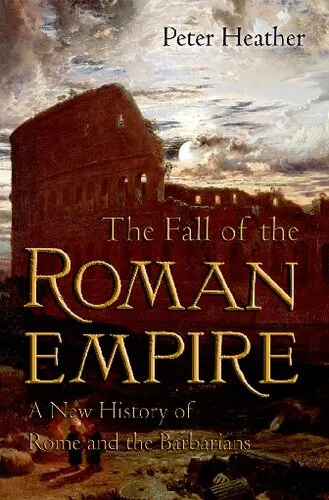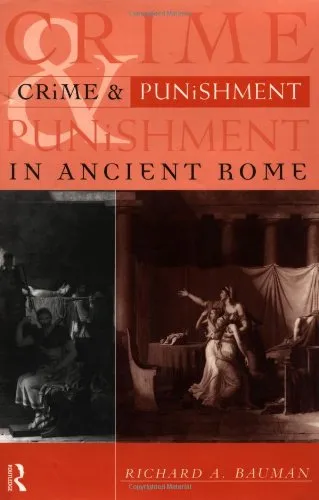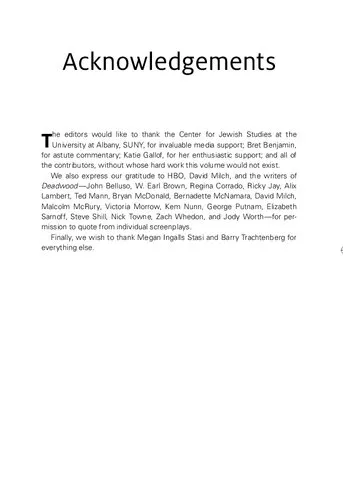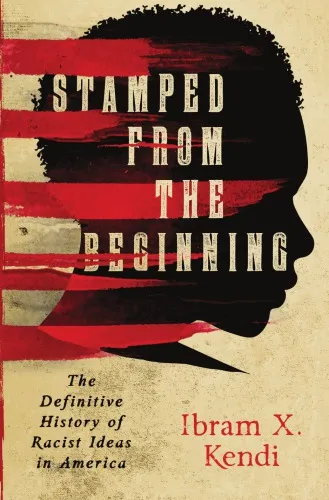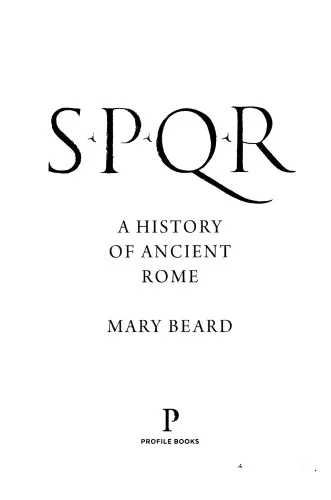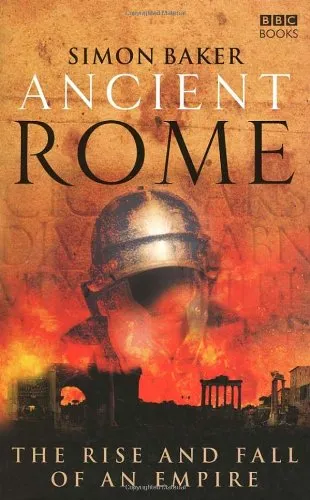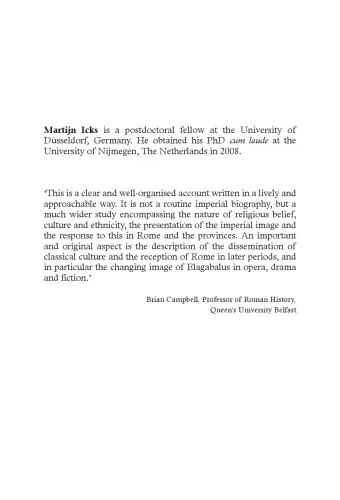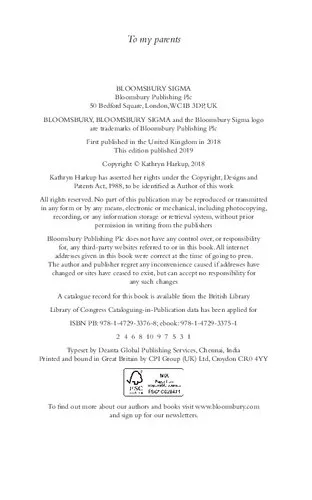The Fall of the Roman Empire: A New History of Rome and the Barbarians
4.5
Reviews from our users

You Can Ask your questions from this book's AI after Login
Each download or ask from book AI costs 2 points. To earn more free points, please visit the Points Guide Page and complete some valuable actions.کتاب های مرتبط:
The Fall of the Roman Empire: A New History of Rome and the Barbarians
Welcome to an enthralling journey through the corridors of history as we explore the intricate layers of one of civilization’s most monumental events: the fall of the Roman Empire. In my book, 'The Fall of the Roman Empire: A New History of Rome and the Barbarians,' I strive to unravel the complexities and influences that led to the collapse of an empire that once spanned continents and shaped cultures across the globe.
Detailed Summary of the Book
The decline and eventual fall of the Roman Empire have fascinated historians for centuries. This book presents a fresh perspective on this epoch-defining period by merging detailed historical analysis with vivid storytelling. It highlights the nuanced interplay between Rome and the surrounding barbarian tribes, such as the Goths, Vandals, and Huns, offering a richly textured narrative of conflict, adaptation, and integration.
Key emphasis is placed on the external pressures faced by the Empire, particularly the relentless invasions and migrations by these tribes. Additionally, I analyze the internal struggles of an empire grappling with economic issues, political corruption, and social upheaval. The book delves deeply into the transitions that took place during the late Antiquity period and the significant cultural and political transformations that ensued. The comprehensive approach allows readers to understand not just the events of Rome’s collapse but also the long-standing effects it cast over European history.
Key Takeaways
- The fall of Rome was a multifaceted process involving both external military pressures and internal systemic weaknesses.
- Barbarian tribes played a crucial role, not merely as destroyers but also as creators of new regional dynamics that shaped future European states.
- Understanding the fall of Rome helps illuminate the complex relationship between centers of power and their peripheries.
- Economic instability, political corruption, and military challenges were interlinked factors contributing to Rome’s decline.
- The transition from Roman to post-Roman societies laid the groundwork for modern Europe.
Famous Quotes from the Book
"The walls of Rome are besieged by shadowy forms – tribes that were once mere ripples on the Empire's frontier, now tidal waves crashing down upon its very heart."
"It was not the sword but the embrace that changed the world; Roman and barbarian confronted each other not just as foes but as harbingers of a new era."
"The fall of Rome was less a sudden collapse and more a long goodbye, a transformation as much as a terminus."
Why This Book Matters
This book offers a comprehensive reinterpretation of the fall of one of history's most significant empires, making it essential reading for anyone interested in the dynamics of historical change. It challenges the notion of a simple decline by emphasizing the complex interactions between Rome and the 'barbarian' world, offering insights into how past interactions have shaped modern political and cultural landscapes. By combining rigorous research with engaging narrative techniques, this book adds depth to our understanding of how great civilizations can both rise and fall, and what that means for our current global circumstances.
Free Direct Download
You Can Download this book after Login
Accessing books through legal platforms and public libraries not only supports the rights of authors and publishers but also contributes to the sustainability of reading culture. Before downloading, please take a moment to consider these options.
Find this book on other platforms:
WorldCat helps you find books in libraries worldwide.
See ratings, reviews, and discussions on Goodreads.
Find and buy rare or used books on AbeBooks.
1450
بازدید4.5
امتیاز0
نظر98%
رضایتReviews:
4.5
Based on 0 users review
Questions & Answers
Ask questions about this book or help others by answering
No questions yet. Be the first to ask!
